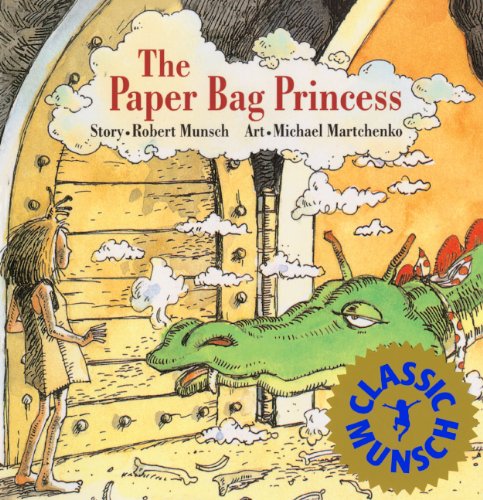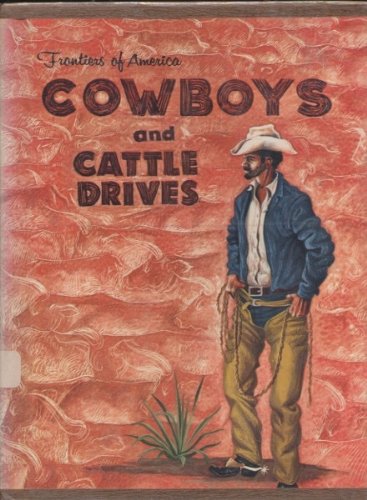Hero of the Empire: The Boer War, a Daring Escape, and the Making of Winston Churchill by Candice Millard.
“I don’t like this fellow, but he’ll be Prime Minister of England one day.” ~Sir George White in reference to young Winston Churchill.
“Winston has spent the best years of his life composing his impromptu speeches.” ~ F.E. Smith.
“Winston is like a strong wire that, stretched, always springs back. He prospers under attack, enmity and disparagement . . . He lives on excitement.The more he scents frustration the more he has to fight for; the greater the obstacles, the greater the triumph.” ~John Black Atkins.
“I said to myself, ‘Toujours de l’audace!'” (Always more audacity). ~ Winston Churchill.
 Audacious indeed, Churchill, like Teddy Roosevelt, the subject of another of Candice Millard’s narrative nonfiction histories, would have been a difficult man to befriend or to live with or to be married to. Although I have great deal of respect for both Churchill and Roosevelt, I like the distance that history and books give me. I suspect a close encounter with either man would have left me speechless or even angry or completely dumbfounded. Churchill may have gained some perspective and selflessness as he aged, but as a youth he seems to have been supremely self-centered and cocky.
Audacious indeed, Churchill, like Teddy Roosevelt, the subject of another of Candice Millard’s narrative nonfiction histories, would have been a difficult man to befriend or to live with or to be married to. Although I have great deal of respect for both Churchill and Roosevelt, I like the distance that history and books give me. I suspect a close encounter with either man would have left me speechless or even angry or completely dumbfounded. Churchill may have gained some perspective and selflessness as he aged, but as a youth he seems to have been supremely self-centered and cocky.
But he was definitely a leader, even in his twenties during the Boer War in South Africa. Supposedly sent to the war zone as a journalist, Churchill almost immediately became entangled in combat, trying to find opportunities for heroism and acclaim. He did audacious and reckless things, and he got away without getting himself killed in the process. And he got the acclaim he wanted after he escaped from a Boer prisoner of war camp, almost by accident, but sustained by sheer persistence and “good luck”.
“The practice [of prayer] was comforting and the reasoning led nowhere. I therefore acted in accordance with my feelings without troubling to square such conduct with the conclusions of thought.” ~Winston Churchill, from South Africa during the Boer War.
According to the author, Churchill didn’t have much faith in God or religion or Christianity in particular, but when he was at the worst, darkest hour of his harrowing escape across South Africa, he could think of nothing to do except pray. It’s a sort of a foxhole religious awakening, and one doesn’t get the sense that Churchill took much spiritual growth or humility with him into the rest of his escape and subsequent life. But in the depths of the darkness of the 1930’s when no one would listen to him as he trumpeted the dangers of Nazism or in the darkest hours of World War II when none of the countries of the world were really standing alongside Britain against Hitler, maybe he remembered to pray, remembered that God was the one who rescued him during his South Africa escape journey. No one really knows. (I don’t believe in luck.)
After his escape from the Boers, Churchill could have sat on his laurels and drunk copious amounts of champagne, a drink of which he was extremely fond. However, he returned to to South Africa to fight and write about the war. After the Boer War was over, Churchill published two memoirs of the war, London to Ladysmith via Pretoria and Ian Hamilton’s March. His heroism and notoriety gained him a seat in Parliament, and the rest, as they say, is history.
This article gives a good overview of Churchill’s relationship and attitude to Christianity and God.
And here’s an interview at Bible Gateway with the joint authors of a book called God and Churchill.
Other books by Candice Millard:
Destiny of the Republic: A Tale of Madness, Medicine and the Murder of a President.
River of Doubt: Theodore Roosevelt’s Darkest Journey.


